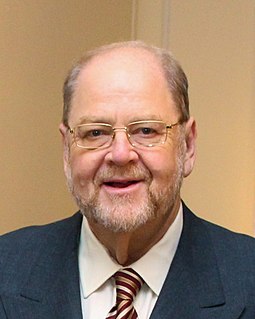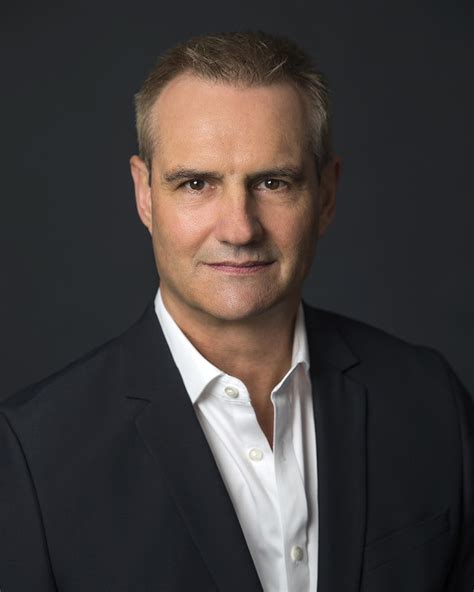A Quote by Stuart J. Russell
Some PhD physicists write software or work for hedge funds, but physics still has a problem with having very smart people but not enough opportunities.
Related Quotes
When I was 23, 24, I started covering hedge funds - a lot of this was luck - when no one else did. This was before hedge funds were the prettiest girl in school: this was pre-nose job and treadmill for hedge funds, when nobody talked to them - back then, it was just all about insurance companies and money managers.
As physics students, we are taught that physicists are smart, that chemists are moderately acceptable, and that biologists are certainly not very intelligent. So I wasn't inclined to take a biology course. But my father insisted, and maybe what he had in mind was that, if there were no jobs in physics, I would end up being a doctor.
I think there are probably too many hedge fund managers in the world, as well as active fund managers. The hedge fund industry is very efficient. We see a lot of hedge funds open and a lot close. It's very binary. You either succeed or fail in the hedge fund world. If you succeed, the amount the managers make it beyond most people's wildest dreams of wealth.
When you develop software, the people who write the software, the developers are the key group but the testers also play an absolutely critical role. They're the ones who ah, write thousands and thousands of examples and make sure that it's going to work on all the different computers and printers and the different amounts of memory or networks that the software'11 be used in. That's a very hard job.
When I applied to Stanford, I applied for graduate work in the PhD program, not to the creative writing program, mostly because though I had some vague ambition of becoming a writer and I was trying to write poems and essays and stories, I didn't feel like I was far enough along to submit work to some place and have it judged.
I recognize that many physicists are smarter than I am-most of them theoretical physicists. A lot of smart people have gone into theoretical physics, therefore the field is extremely competitive. I console myself with the thought that although they may be smarter and may be deeper thinkers than I am, I have broader interests than they have.
Whenever I want to represent or depict the official version, I will refer to them as 'mathematicians' or 'mathematical physicists' or idiots or something like that. There are no physicists in mainstream 'Physics.' From Newton to Einstein to Hawking, they are all just mathematicians as far as Science and Physics are concerned.





































